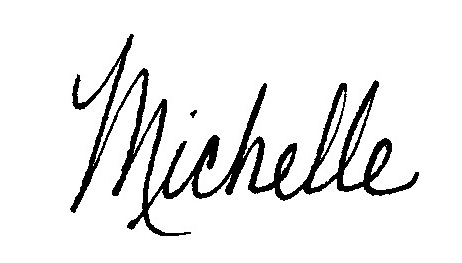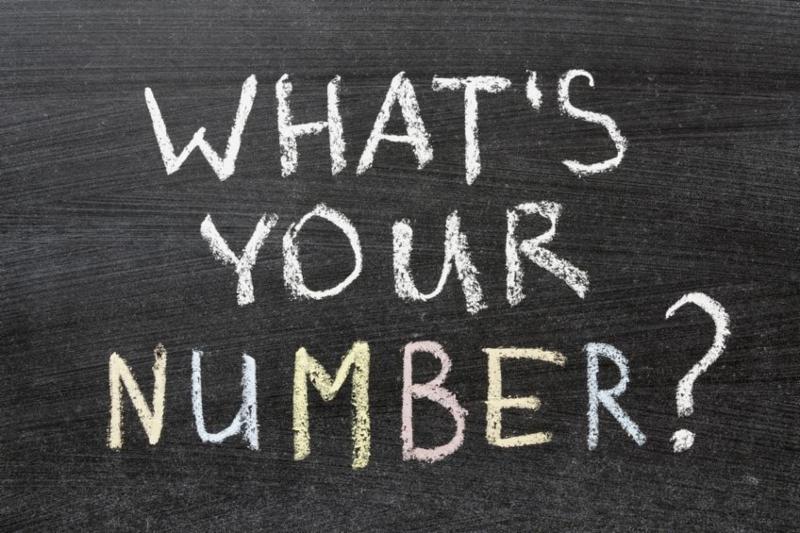Hello!
Much has been written in the financial press about “your number”: the amount of money you should save in order to retire. It’s an important number.
But even more important is the first number you must have before you can even start to figure out “your number”. Read on to learn more!
Best,

Michelle Morris, CFP®, EA
BRIO Financial Planning

Recently, a client emailed me after she got home from her hair salon. She was concerned because her hairdresser said you need “at least 2 or 3 million dollars” to retire. My client is probably not going to have that. Nor does she need it.
Now certainly there are worse things that getting financial advice from a hairdresser. For example, getting a haircut from a financial advisor. (Full disclosure I do buzz cut my husband’s hair, but he is a remarkably forgiving person).
The important point is this: There is no ONE SIZE FITS ALL magic retirement number.
As a point of reference, among my currently retired clients the size of their portfolios range from ≈$450,000 to nearly 10x that much at ≈$4.2 million! And of course there are retired people who fall well outside of this range.
There are people who retire with $0 and live solely on Social Security. According to the Social Security Administration “21% of married couples and about 43% of unmarried persons rely on Social Security for 90% or more of their income.”
So what is your retirement number?
Step one:
Answer the question “How much do you spend?” (Not including taxes or savings).
There are many factors going into figuring out your retirement number, but until you figure out your spending number you are stabbing in the dark.
Take a guess – I can almost guarantee your guess is too low.
If you are a salaried employee, multiply your take-home pay times the number of paychecks you receive a year.
If your income is irregular take a year’s worth of bank statements from your bill paying account(s) and add up 12 months of outgoing $$.
If you have credit card debt that is going up – add the annual increase to your spending number.
If you have credit card debt that is going down – great -keep going until it’s paid off! And then save the money you were previously putting toward those payments.
Don’t panic – but if you haven’t already do sit down and try to figure out your spending number. Happy calculating!
